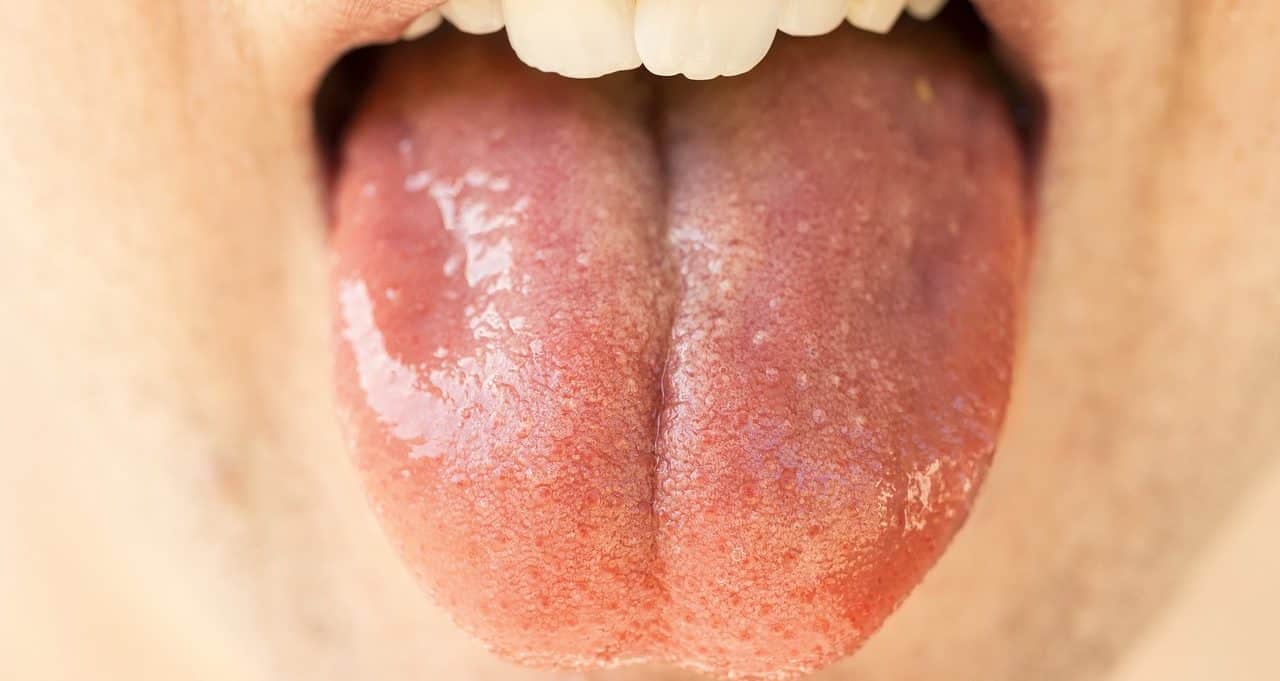
Saliva is a body fluid that makes swallowing food possible.
Saliva is the liquid produced in the mouth that softens food to allow it to be swallowed. The term has its etymological root in the Latin word salīva .
This colorless fluid that has a certain viscosity is generated by the salivary glands . Estimates indicate that these glands produce and deposit in the oral cavity about one and a half liters of saliva per day .
As a person ages, their saliva production begins to decline. The production of saliva, on the other hand, is linked to the circadian rhythm : production, therefore, decreases at night.
Components of saliva
With a pH between 6.5 and 7 , saliva is largely made up of water . It also has components such as phosphate , bicarbonate , calcium , lysozyme , mucus and various immunoglobulins and enzymes , among others. All these substances allow it to fulfill a varied range of functions.
We already said that saliva is necessary to soften food and contribute to the formation of the bolus . This organic liquid also helps us feel the flavors.
The lubrication of the mouth , necessary to facilitate diction and the first stage of digestion , is another of the functions of saliva, as is the healing and protection of the oral cavity and the conservation of neutral pH .

Saliva has different characteristics depending on the species.
Other information of interest
It is also interesting to discover a series of curiosities that not everyone knows about saliva, such as these:
- It is fundamental and necessary to detect the flavor of the foods we put in our mouths.
- Mouthwashes that have a high percentage of alcohol can cause the amount of saliva produced to change.
- A healthy adult person can secrete between 1 and 1.5 liters of saliva daily.
- Men are considered to secrete more saliva than women.
- It is a false myth that babies secrete more saliva when they are teething.
- When a person produces excess saliva, they suffer from sialorrhea ; On the other hand, if you generate little saliva, you experience hyposialia . Dry mouth, on the other hand, is known as xerostomia .
Diseases that are transmitted through saliva
In addition to all of the above, it is important to know that there are diverse and varied diseases that are transmitted through saliva. Among them are the following:
- Infectious mononucleosis , which is better known by the name kissing disease . It appears, above all, in adolescents and young people, it is caused by the Epstein-Barr virus and its symptoms are sore throat or fever, among others. In several weeks it usually heals completely thanks to consistent treatment, especially rest and adequate hydration.
- Herpes , caused by different viruses that can be oral or genital. There is no cure and it manifests itself through itching and a burning sensation. With different medications recommended by the doctor they can be corrected.
- Hepatitis B , the flu , a cold and meningitis are other pathologies that are also considered to be transmitted and spread through saliva.
